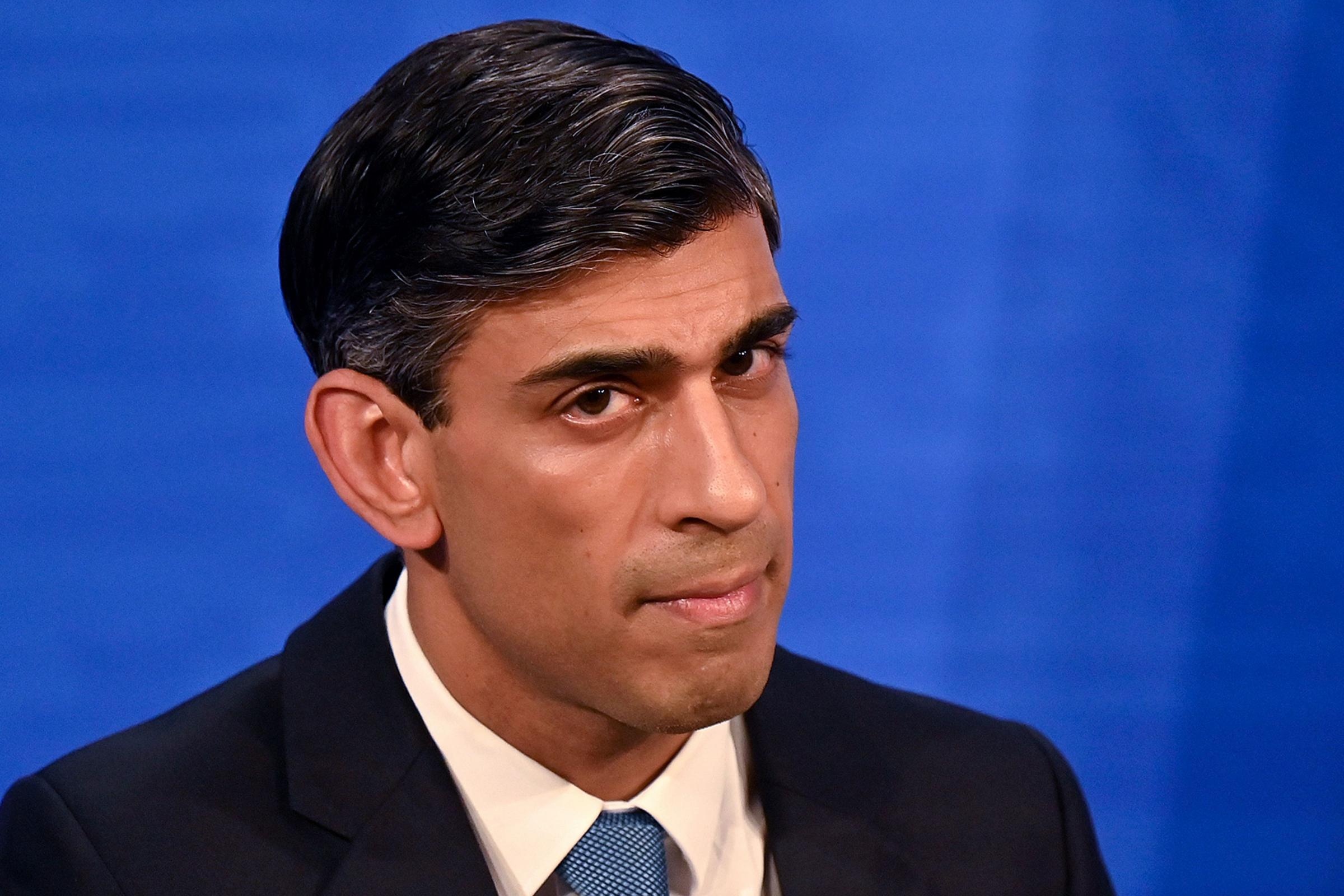
THE UK Government is under increasing pressure to introduce a windfall tax on energy giants after Shell announced mammoth first-quarter profits thanks to soaring oil and gas prices, just days after bumper earnings from rival BP.
Shell posted better-than-expected underlying earnings for the first three months of 2022, at $9.1billion (£7.2bn ) – nearly three times the $3.2bn (£2.5bn) reported a year earlier.
On Tuesday, fellow FTSE 100 firm BP unveiled its highest quarterly underlying profits for more than a decade, at $6.2bn (£5bn).
It comes as calls mount from Labour, the SNP and the LibDems for a windfall tax on oil and gas firms to help ease the cost-of-living crisis.
The sector is reaping the benefits of rocketing oil and gas prices, which have been pushed to record levels by Russia’s invasion of Ukraine and surging demand as economies emerge from the pandemic.
Chancellor Rishi Sunak has so far resisted pressure to make the firms pay more tax, instead looking to companies making big profits to invest the cash back into the UK.

But LibDem leader Sir Ed Davey condemned the Government’s refusal to consider the move.
He said: “Boris Johnson and Rishi Sunak’s refusal to tax the super-profits of energy companies is completely unforgivable when people are too terrified to heat their homes.
“The excuses of Conservative ministers have been demolished by the boss of BP himself, who said a windfall tax wouldn’t damage investment in the UK.
“This one-off levy would raise billions of pounds that could help vulnerable families with their energy bills now. It is a no-brainer.”
Shell boss Ben van Beurden told reporters that the company plans to invest between £20bn and £25bn in the UK in the next decade.
“We have a very strong commitment to investing in the UK, because we see the policies in the UK being very supportive of the sort of investments we would like to make,” he said.
“But I should also say that if you talk about these types of investment levels, they do require a stable and predictable financial outlook, it does require stability of policy and everything else.
“It’s not as if we can already now predict how these investments will look when we have to decide on them in 2027.”
Campaign group Greenpeace said a windfall tax would be the “fastest and fairest way to ease pressure on households feeling the pinch and reduce our dependence on oil and gas”.
Greenpeace UK’s oil and gas campaigner, Philip Evans, said: “By using a big chunk of the bloated profits that Shell, BP and others are raking in to make homes warmer, more energy-efficient and kitted out with heat pumps, the Government could start to really tackle the climate and cost-of-living crises simultaneously.”
Like its FTSE 100 Index rival BP, Shell’s figures also showed a hit from its move to pull out of Russia due to the Ukraine war as it booked a $3.9bn (£3.1bn) charge.
Despite this, it still saw current cost of supply (CCS) earnings attributable to shareholders jump to $5bn (£4bn) in the quarter, up from $4.3bn (£3.4bn) a year ago, though it was down 38% on the previous three months.
Shell said investor dividend payments and share repurchases hit $5.4bn (£4.3bn) in the quarter, as part of a plan to buy back $8.5bn (£6.8bn) of shares in the first half of 2022.
It increased its dividend to 25 cents (20p) per share and said it also expects shareholder returns to be more than 30% of cashflow in the second half of 2022.

.png?w=600)





